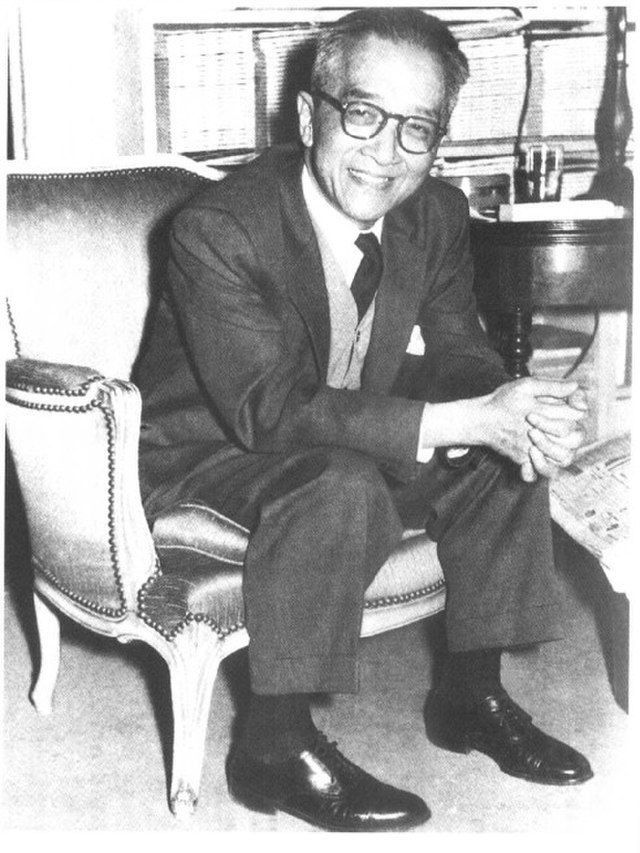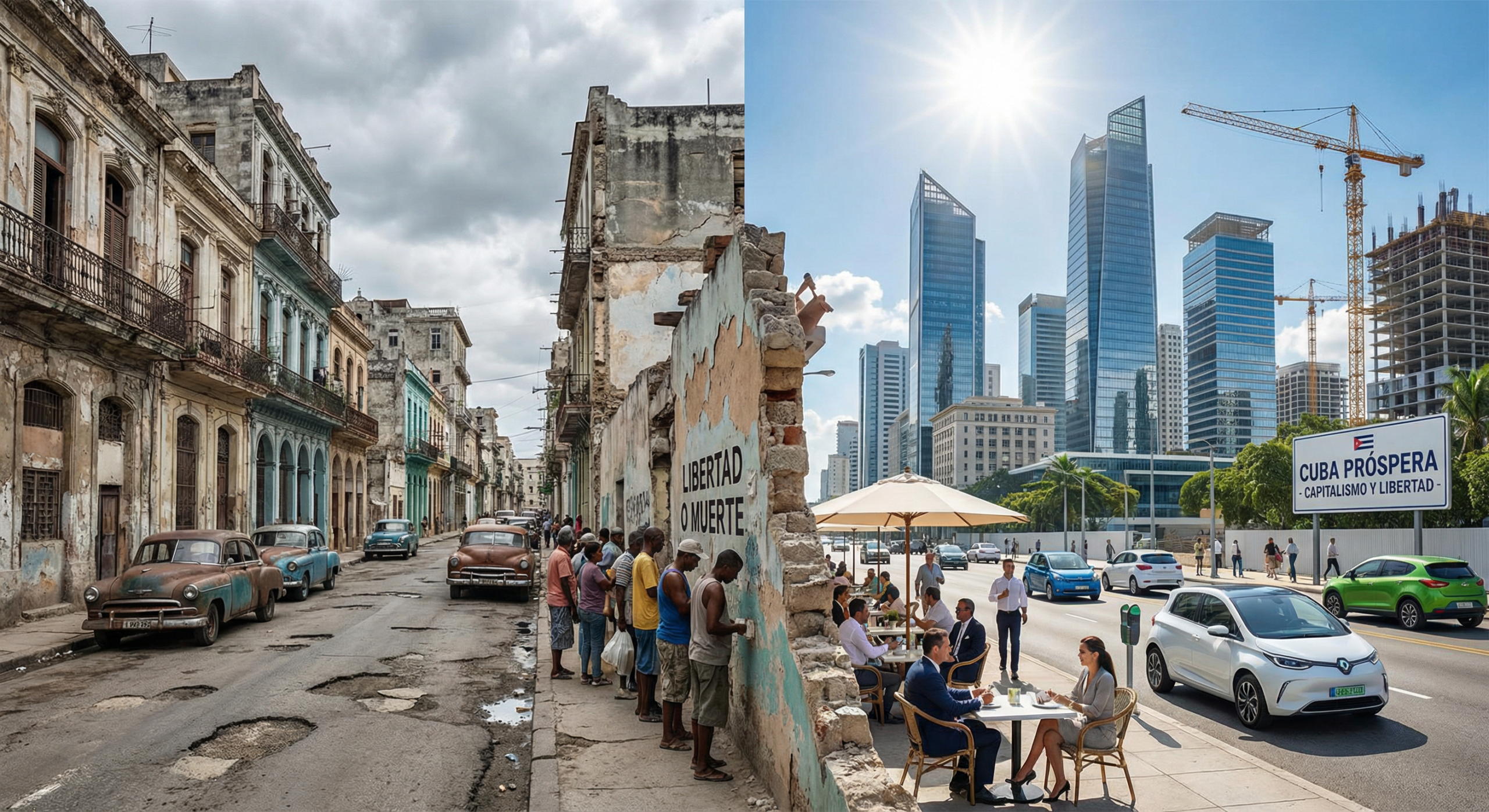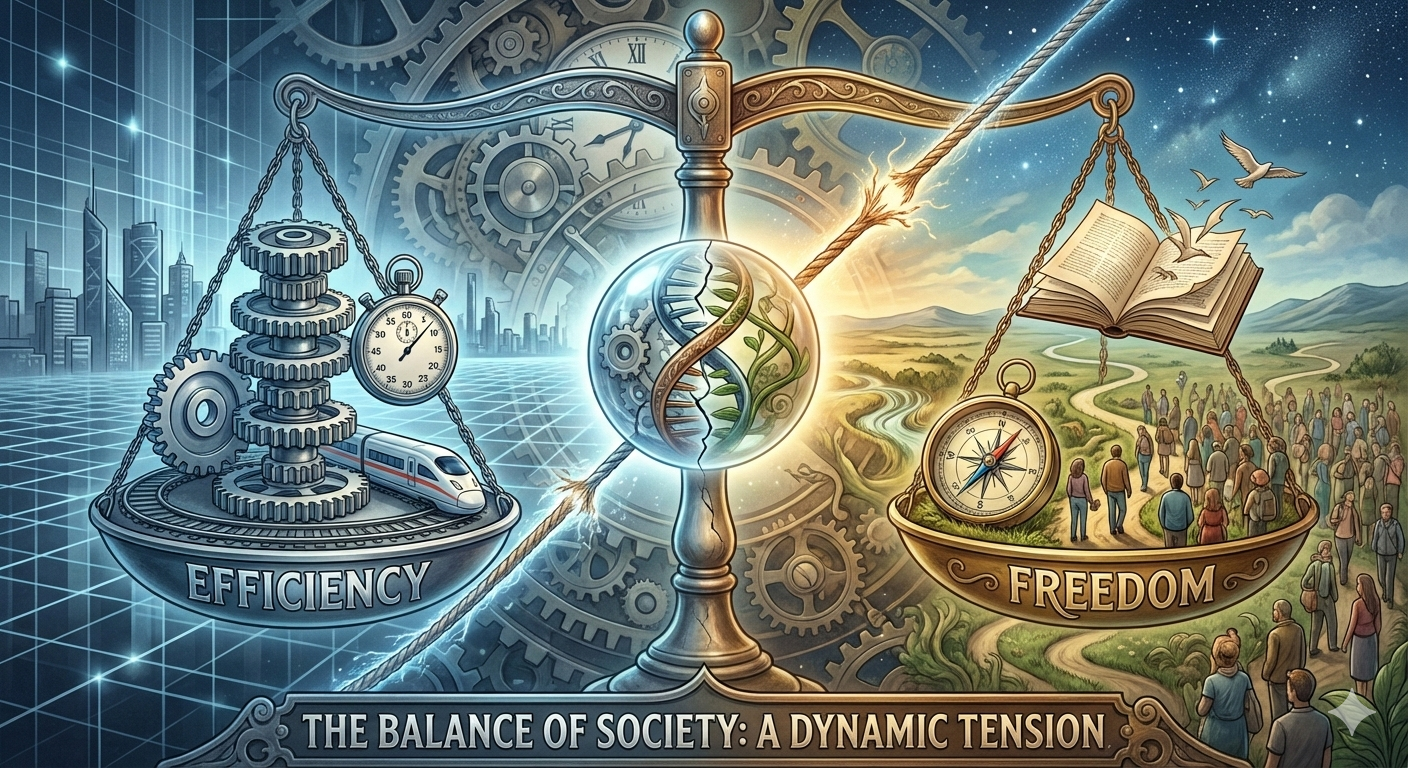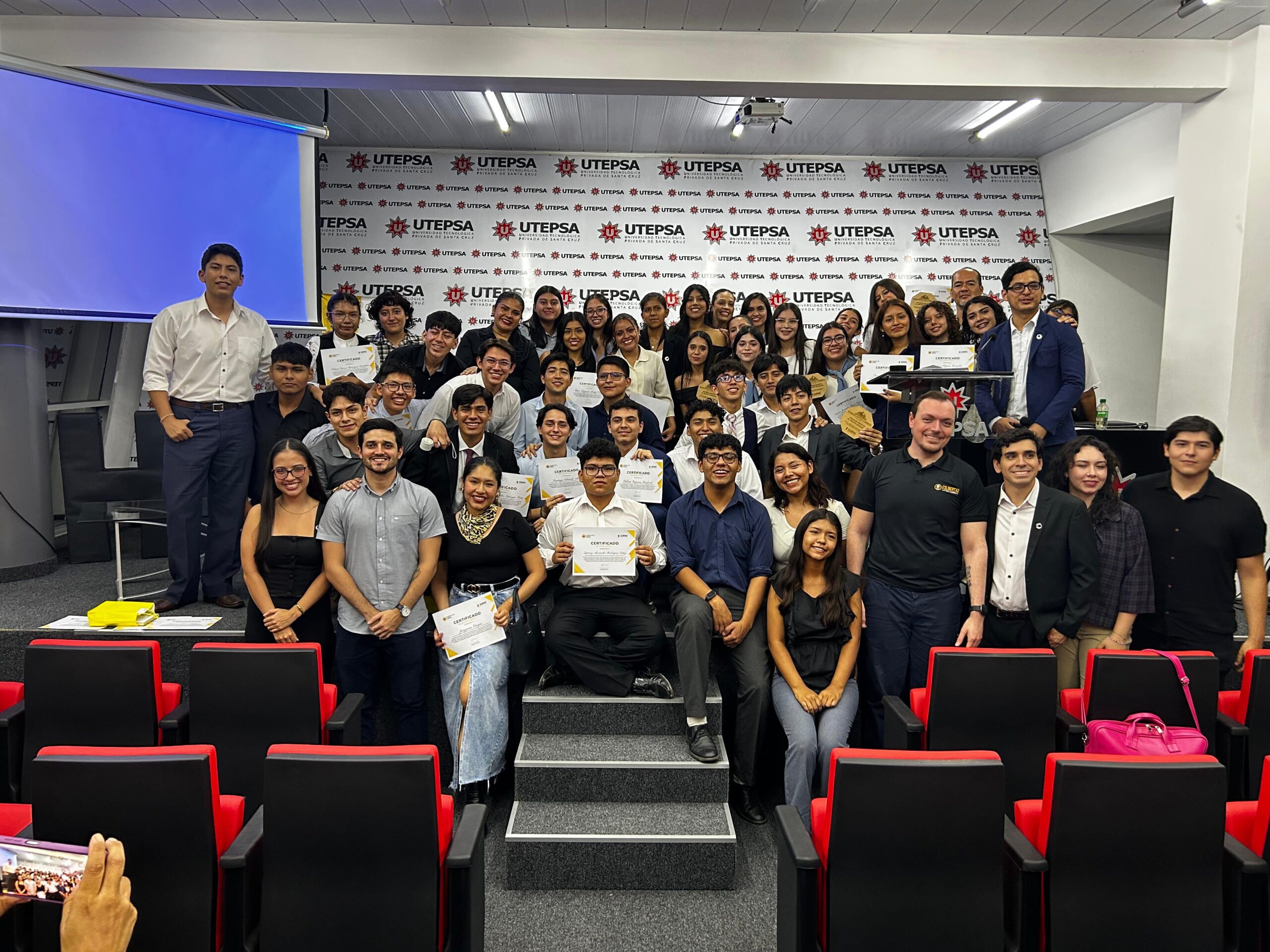Image citation: Kelly Sikkema, Licensed under Unsplash
I’ve noted that the “solutions” to the social problem of poverty proposed by our friends left of middle—of equality of outcome or equality of opportunity—are both impossible. Equality of permission, by contrast, can be achieved tomorrow.
But the left for the past two centuries has kept seeing new social problems, big and small, which they claim the market can’t solve. Slums. Bad education. Monopoly. Like their impossible solutions to inequality, many of their ideas are non-solutions to non-problems. And even for a real problem, the left supposes, without much thinking, that the state can do better. When they think innovation is too slow, for example, they turn instantly to “industrial policy.” When they think the business cycle is a problem, they set up a central bank.
It would be great if any social outcome we didn’t like could be solved by making a new law and assigning bureaucrats. But only a very few real problems we face have such a simple, real solution. If Canada invades the U.S., or Paraguay invades Brazil, sure, send an army. Problem solved.
Yet our friends on the left, and many of our friends on the right, too, believe that every “social problem” requires state intervention. That’s why modern states keep getting larger. The people have come to believe that if something they consider bad happens, someone must be to blame, and the obvious solution then is to get the Daddy State to stop the bad people. Problem solved. Dirty food? Set up a state bureau to inspect food. Easy.
Yet not. The state intervention often doesn’t work well, making the problem worse. Rent control, for example, and the minimum wage both damage the poor they are supposed to help. “Externalities” are everywhere in human society, and so do not provide a simple signal that state intervention is a good idea. Very often the pressure of the market is the solution. If we gave residents of favelas property rights in the land they squat on, the slums would disappear. When whale oil for lighting became expensive, oil from the ground became kerosene. When horse manure started clogging cities, the new automobiles accidentally solved it.
Be adult. Don’t run to Daddy State every time.
The piece was originally published in the Brazilian Newspaper Folha de S. Paulo and permisson from the author has been obtained to republish the piece on Bastiat Scrolls.







